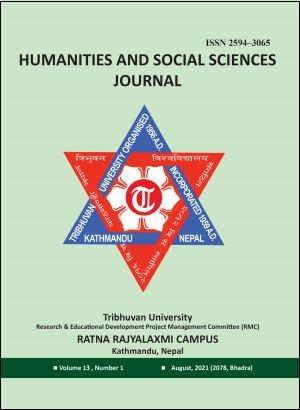A Comparative Analysis between Collective Action Theory and Compulsion Theory of Sustainability
DOI:
https://doi.org/10.3126/hssj.v13i1.44565Keywords:
compulsion, inplementation, advance countries, Huhan, policyAbstract
This paper has been drawn by taking the following objectives: To review the prevention policies and plans of COVID-19. (ii) To fulfill the gap between the collective action and the Compulsion theory of sustainability. The researcher has used a descriptive research design because he has collected only secondary data from books, journal articles, policies, and reports from different websites. After analyzing those data, the researcher found that all countries' prevention policies are the same. Some Asian countries like Japan, China, and South Korea firmly created the compulsion on ordinary people, health institutions, government authority, and other stakeholders can control COVID-19. On the other hand, some European like Italy, France, and Germany could not create strong compulsion; they could not hold COVID-19. Hence, compulsion is necessary for making plans and policies to get success. In addition, the researcher did not examine the human ecological and environmental aspects.




